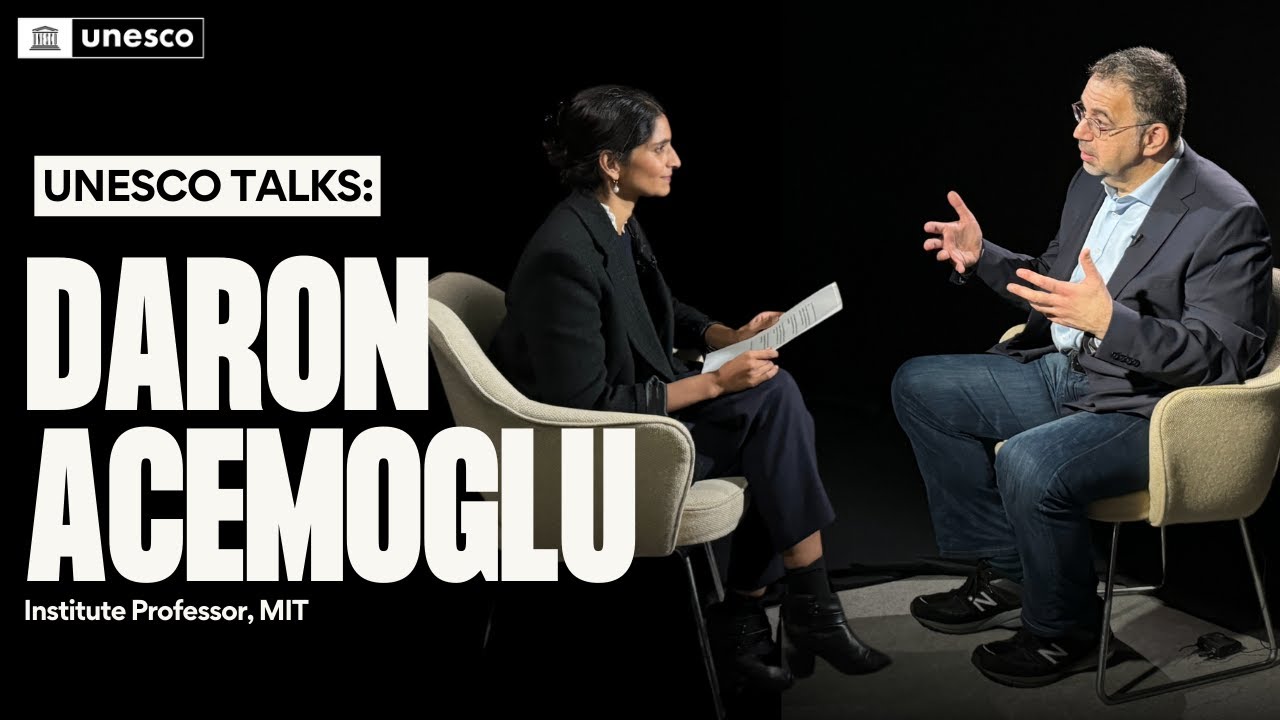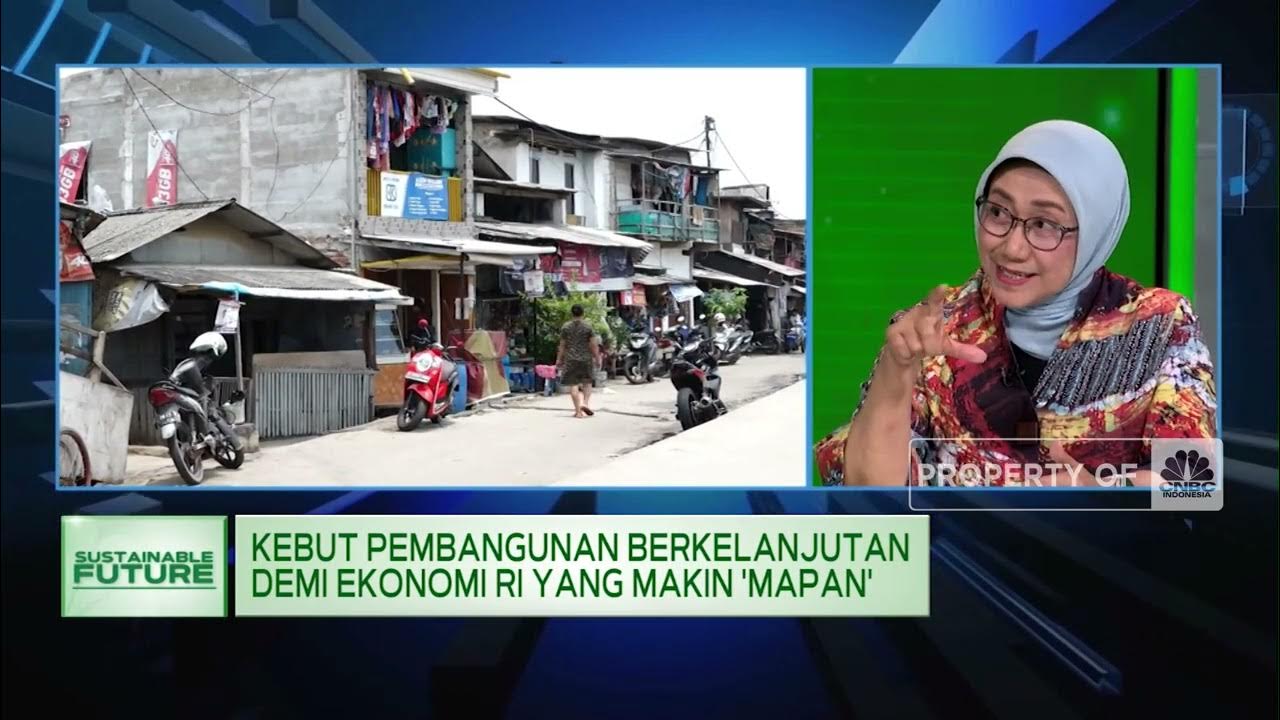Jamaica's Economic Growth & Vision 2030 Objectives | TVJ Smile Jamaica
Summary
TLDRThe discussion centers on Jamaica's progress towards its Vision 2030 goals, with financial economist Dr. Adrian Stokes evaluating the nation's economic growth and challenges. Despite a reported 5.7% economic growth in Q2 2024, only 17% of Vision 2030 targets have been met, signaling the need for recalibration. Dr. Stokes emphasizes the importance of human capital development, addressing declining productivity, brain drain, and the role of education and training. He also highlights national security, healthcare, and economic policy as key pillars for achieving sustainable growth, while advocating for more realistic, short-term goals.
Takeaways
- 📈 The Jamaican economy grew by 5.7% in Q2, driven primarily by the services sector.
- 🎯 Only 17% of the Vision 2030 goals have been achieved, with around 79% of the targets not being met.
- 🤔 The progress toward Vision 2030 may need recalibration, potentially extending the timeline to 2040 or 2050.
- 😷 COVID-19 was not the primary factor hindering the success of Vision 2030; broader issues with execution and overly ambitious goals are to blame.
- 🎓 A key recommendation is to focus on human capital development, emphasizing education and training to drive economic growth.
- 🚶♂️ The brain drain is exacerbating Jamaica’s human capital crisis, as skilled workers are leaving the country.
- 🛡️ National security and human capital are seen as pillars for Jamaica’s future development, given the country’s high crime rates and limited resources.
- 🏥 Health care investment and improvements in the standard of care are also necessary for Jamaica’s progress.
- 🏦 Strengthening the macroeconomy with sustainable policies is essential for continued growth and stability.
- 🤝 To succeed, Jamaica needs more realistic goals, potentially narrowing the focus to key areas like human capital, security, health, and economic sustainability, with bipartisan political support.
Q & A
What is the reported economic growth for Jamaica in Q2, according to the PIOJ?
-The economy grew by 5.7% in Q2, with the services industry leading the growth.
What is Vision 2030, and how is it currently progressing?
-Vision 2030 is Jamaica's national development plan aimed at creating a prosperous economy. However, the plan has only achieved a 17% success rate so far, with 79% of its initiatives not being met.
What are some factors contributing to Jamaica’s economic growth?
-Economic growth was driven by an improvement in the services sector, largely due to the relaxation or removal of COVID-19 measures.
What challenges are Jamaica facing in terms of economic growth?
-Jamaica is facing challenges such as geopolitical tensions driving up commodity prices, local interest rate hikes by the Bank of Jamaica, and the ongoing impact of COVID-19.
Did COVID-19 significantly impact Jamaica’s progress on Vision 2030?
-While COVID-19 did have an impact, it cannot be solely blamed for the slow progress of Vision 2030, as only a 17% success rate has been achieved since its launch.
What recommendations were made for improving Jamaica’s progress toward Vision 2030?
-Dr. Adrian Stokes recommended narrowing the focus of the national development plan to more realistic goals, with an emphasis on human capital development, security, health, and the macroeconomy.
Why is human capital development critical for Jamaica’s future economic growth?
-Human capital development, which includes improving skills and education, is essential for inclusive economic growth. Without it, Jamaica faces a crisis in labor productivity and the continued challenge of a brain drain.
What is the definition of human capital, and how can it be developed?
-Human capital refers to the economic value of a person’s skill set and experience. It can be developed through improvements in education and training.
How is the brain drain affecting Jamaica’s human capital development?
-The brain drain, where skilled individuals leave the country, exacerbates Jamaica’s human capital crisis by reducing the number of skilled workers available to drive economic growth.
What pillars did Dr. Stokes suggest focusing on to achieve sustainable development in Jamaica?
-Dr. Stokes suggested focusing on four main pillars: human capital development, national security, health, and the macroeconomy.
Outlines

此内容仅限付费用户访问。 请升级后访问。
立即升级Mindmap

此内容仅限付费用户访问。 请升级后访问。
立即升级Keywords

此内容仅限付费用户访问。 请升级后访问。
立即升级Highlights

此内容仅限付费用户访问。 请升级后访问。
立即升级Transcripts

此内容仅限付费用户访问。 请升级后访问。
立即升级浏览更多相关视频

Erfolgsfaktoren in der Transformation - Oliver Blume

UNESCO Talks: Interview with 2024 Nobel laureate Professor Daron Acemoglu

Pemerintah Ungkap Tantangan Besar Implementasi SDGS di RI

Butuh Dana hingga 8,7 Triliun Dolar AS untuk Capai SDGs, Bagaimana Strategi Indonesia?

Egypt Economy Collapse or Boom? | Egypt Economy Documentary

CSB: Civil Service Bureau, Bahrain | Customer Testimonial
5.0 / 5 (0 votes)
